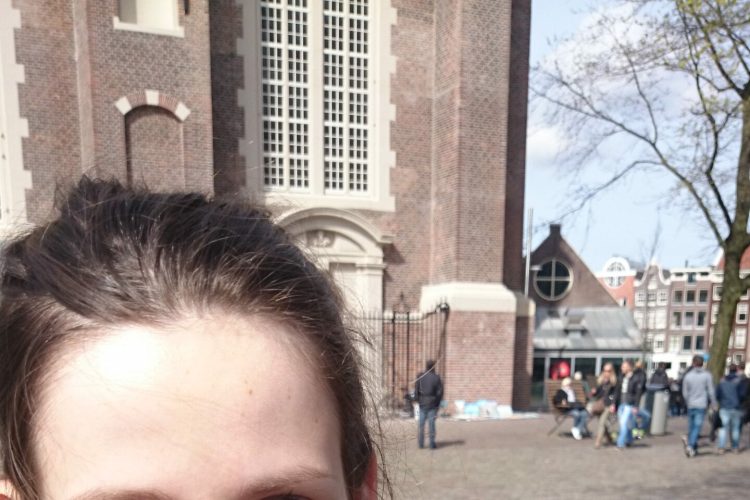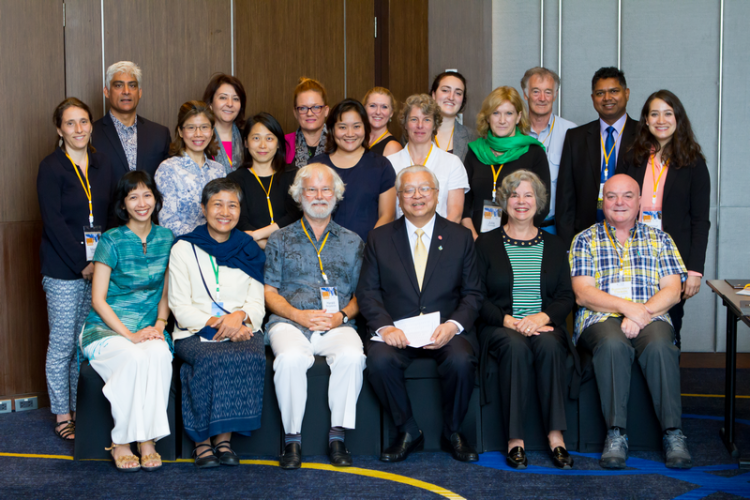“It is incredible how fast time flies when the event you and your team members have been planning for half a year eventually takes place. This year we were...
In the end of May, Anita Negri travelled to Thailand to attend the ISL’s 11th International Symposium on Sustainable Leadership. The Symposium started with a field trip (External Development Day) to...
We just published the finalist cases of this year’s oikos Case Writing Competition! Whether you are a lecturer teaching courses in management, entrepreneurship or finance, or a student wanting...
Abstract As a leader in sustainable finance in India, Yes Bank reached the milestone of mainstreaming sustainability within its core business principles with a vision of evolving as...
Abstract Established in 2001 by Chandra Shekhar Ghosh to address the dual objective of poverty alleviation and empowerment of women, Bandhan was the largest microfinance institution (MFI) in...
Abstract Socially responsible investing (SRI) is an investment process that screens investment opportunities based on ethical, social, corporate governance, or environmental. SRI has been growing rapidly; total U.S.-domiciled...
Abstract The case study is based on a dilemma faced by IFC, one of the financing arms of the World Bank Group, on whether it should release its next...
Abstract Founded in 1940, the Rockefeller Brothers Fund (RBF) is a private charitable foundation endowed with John D. Rockefeller’s heritage made in the fossil fuel sector from so...
Abstract This case presents the history and development of a Water, Sanitation, and Hygiene (WASH) project in the Kibera slums of Nairobi, Kenya, that was initiated by Rotarians...
Abstract The case discusses the growth of Narayana Hrudayalaya (NH) — a social enterprise set up with the objective of providing affordable healthcare to the needy — its...



